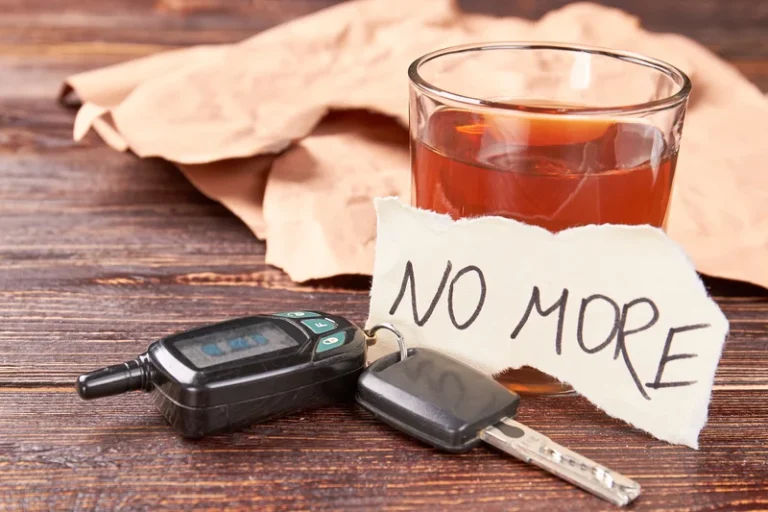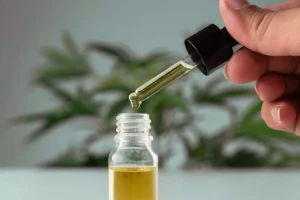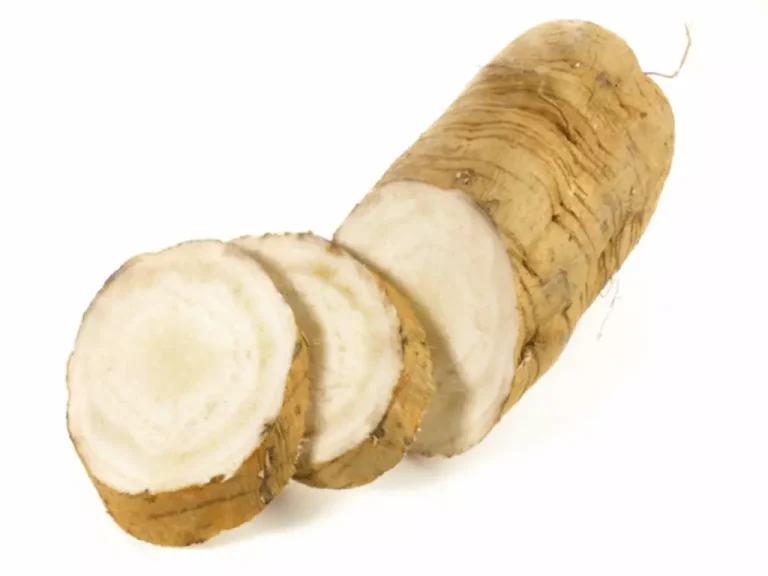
Sugar cravings are the most intense about a week after the last drink. From there, they taper off eventually, usually within a week or two. However, this depends on how much sugar one consumes during this time. When they cut back or quit, their bodies crave the sugar rush they experienced when drinking. It’s really easy to eat (or overeat) sweets without realizing it — especially, Czerwony notes, if you’re grazing or mindlessly snacking. “Everybody’s level of athleticism and pain tolerance is different,” Czerwony notes.
- While the exact reasons for this link are not yet fully understood, several factors are believed to contribute to the connection between alcoholism and sugar cravings.
- ‘ Understanding these cravings and managing them effectively can be a significant part of the recovery journey.
- It can help with digestive issues like irritable bowel and acid reflux, but that’s not all.
- Several factors come into play, including alcohol-induced hypoglycemia, tolerance to sugar from alcohol intake, and the use of sugar as a substitute for alcohol.
- Explore the prevalence, consequences, and interventions surrounding this connection.
Alcohol, Diabetes, and Blood Glucose Management
- Furthermore, alcohol abuse can also contribute to insulin resistance, a condition where the body’s cells do not respond effectively to insulin.
- When alcohol consumption is discontinued, individuals may turn to sugar as a substitute to fulfill their cravings.
- It is essential to consider individual experiences and consult healthcare professionals for personalized guidance.
- As a result, individuals in recovery from alcohol abuse may experience cravings for sugar, as they become tolerant to sugar due to their alcohol intake.
- Increased dopamine release, triggered by the consumption of alcohol, can lead to an enhanced preference for sweet tastes.
- These foods are not only nutritious but can also help regulate blood sugar levels and keep sugar cravings at bay.
Poor nutrition can lead to various mental and physical health issues, including weight gain, which can result in low mood and potentially trigger a relapse to alcohol. Studies show that individuals who are overweight may experience more severe depression, making them more susceptible to alcohol relapse. In addition to the biological influences, psychological factors also contribute to the cravings for sugar among recovering alcoholics.
Endorphin System Dysfunction in Alcoholism
- Uncover the truth about chocolate’s addictive properties and the impact on your health.
- Sweet liking refers to a heightened preference for highly sweet solutions.
- This can reinforce the cravings for sugar, making it necessary to address both the root causes of alcohol addiction and the subsequent sugar cravings in recovery.
This phenomenon, often referred to as ‘sweet-cope’, involves individuals using sugar to cope with negative affect [3]. Sweets are a decent snack occasionally, but recovering addicts should be more focused on combating their nutritional deficiencies with healthy snacks, meals, and drinks. So no, sugar cravings aren’t bad on their own, but they can lead to negative consequences, and other snacking options provide more benefits while recovering. Recovering alcoholics often experience an overwhelming craving for sugar, which can be attributed to various psychological factors.
How Amphetamines Alter Body Temperature?

Food, especially high-sugar foods, should not be a substitute for alcohol. Those who are not cautious may transfer their alcohol addiction to a sugar addiction or food addiction. As such, focusing on restoring physical health through proper nutrition should be a fundamental component of one’s alcohol recovery treatment plan. As a result of regular alcohol drinkers why do alcoholics crave sugar becoming tolerant to sugar from their alcohol intake, it is not uncommon for individuals in recovery from alcohol abuse to experience cravings for sugar. Part of the cravings that individuals new to abstinence from alcohol face are actually sugar cravings, not alcohol cravings. Giving in to sugar cravings during recovery from alcohol is commonplace.

Alcohol’s Effect on Glucose Regulation
- However, excessive drinking (more than three drinks daily) can result in higher blood glucose and A1C levels [6].
- Unveil the long-term effects of alcohol on your health, from heart issues to mental health impacts.
- Understanding these factors can help individuals in recovery manage their sugar cravings effectively.
- Craving sugar is common after drinking because alcohol contains sugar.
- She lives in Washington with her son and a lovably recalcitrant cat.
The Impact Unveiled: Dangers of Drug Use During Pregnancy
